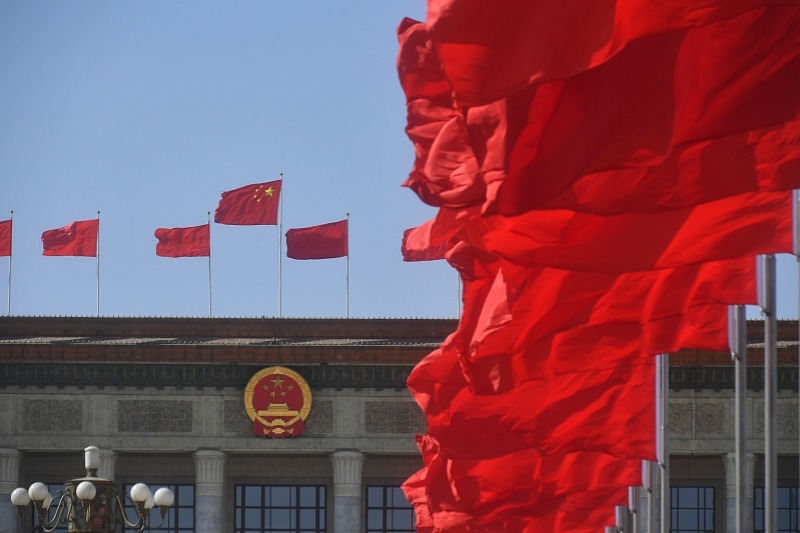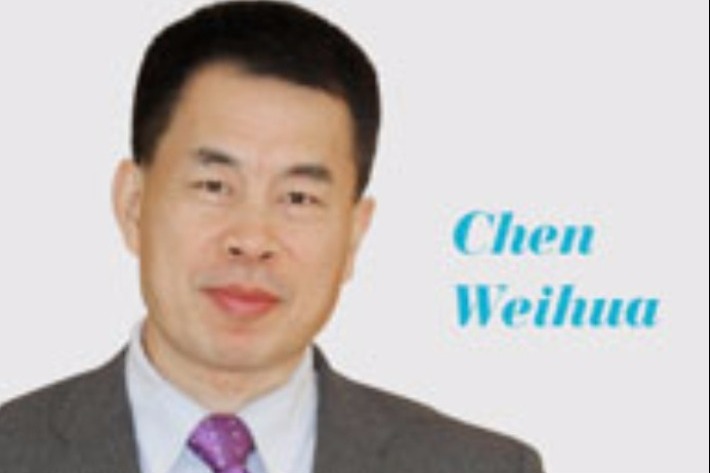Great exaggerations


Talk of a recession and overcapacity flies in the face of pursuit of sustainability
I visited six cities in China in 12 days last month. It was the efficient and affordable high-speed rail system that made my hectic itinerary feasible, and even comfortable. During my conversations with economists and investment managers in Shanghai, Beijing and other cities, there was much talk of "Chinese overcapacity" and a "recession". I was surprised by these terms. Never in my career in finance or academia have I seen 5 percent GDP growth characterized as a "recession". A fundamental principle of sustainable development is that it is only natural that as an economy grows, its rate of growth must moderate. If any variable experiences continuous growth at a constant or increasing rate, such a variable will explode and overwhelm other important forces, undermining the stability of any dynamical system. Explosive growth in anything is inherently unsustainable and must come at the expense of hidden costs such as uncontrolled pollution, eroded family formation and neglected cultural achievements. Proper accounting for the environmental and human costs using cost-benefit analysis often reveals that low-quality growth does not advance people's well-being. Furthermore, 5 percent growth of a very large economy is a more powerful driver of global prosperity than 10 percent growth of a much smaller economy. Since China is now one of the world's largest economies, even its current moderate growth represents a massive impetus for global economic activity. The use of the term "recession" by some ill-informed commentators is an indication of the delusions that can be induced by fixating on the rate of growth rather than the absolute level and the quality of growth.
For anyone concerned with sustainable development, the term "overcapacity" also seems rather strange. According to the 2024 United Nations Sustainable Development Goals Progress Report, only 17 percent of the SDGs are on track to be achieved. More than 700 million people live in extreme poverty around the world. They need access to clean water, sanitation infrastructure, clean energy generation, schools, clinics, connectivity for trade and basic material goods. Many crave freedom from armed conflict and the destruction brought about by war and climatic disasters. To such people, manufacturing capacity that facilitates rebuilding homes, building railways, digging wells, providing solar electricity or making bandages at large scale and at low cost must surely seem like a gift from heaven. Faced with such dire needs for so many people, all such capacity is essential. How odd the word "overcapacity" must seem to such people! China's investment in advanced manufacturing and infrastructure capabilities are an essential foundation for the path to common prosperity for the developing world. The hard work today is to ensure that such capabilities can be utilized for global development and mutual benefit, by reducing institutional, tariff, cultural, language and financing obstacles.
China's fostering of the Global Development Initiative, combined with its domestic priority for high-quality development can form a confluence of strategies to advance common prosperity for the world. The Global Development Initiative, proposed as an initiative to accelerate implementation of the SDGs, is committed to promoting common prosperity around the world. At the same time, the resolution adopted at the third plenary session of the 20th Central Committee of the Communist Party of China continues China's fostering of high-quality economic development, innovation and ecological conservation. As China shifts its domestic focus to advanced clean energy generation, storage, mobility and related upstream and downstream industrial ecosystems in precision manufacturing, intelligent technology and digital management, it can better allocate its own human, natural and financial capital by ceding its dominant position in labor-intensive manufacturing industries such as furniture, home appliances, light electronics and internal combustion automobiles to emerging markets in the Global South. Efficient and productive resource allocation requires discernment in the choice of both domestic and foreign investment.
A simple lesson of trade theory is that global gains from trade arise mostly from comparative advantage rather than absolute advantage. This means that even if labor-intensive manufacturing in a Global South emerging market is initially more expensive than in China, it is still more productive to shift capital to the emerging market for this type of activity. Developing a quality workforce in China implies freeing it from tasks where productivity has already been maximized. In the context of Chinese demographic change and capital needs for advanced manufacturing, the opportunity cost of deploying resources in labor-intensive sectors is very high because it is measured in the lost high-technology production that would otherwise have been supported. Chinese outward investment in value-added manufacturing in emerging markets is thus essential to its own high-quality growth strategy as well as to appropriate industrial development in the Global South. Foreign trade structural reform, combined with further opening-up of inward and outward investment simultaneously facilitates the goals of both domestic high-quality development and the Global Development Initiative.
As Mark Twain said: "Reports of my death have been greatly exaggerated." Similarly, talk of "recession" and "Chinese overcapacity" is greatly exaggerated. What some call a "recession" is a timely moderation and reorientation toward pursuing progress while ensuring sustainability and stability. What some call "overcapacity" is a hard-earned capability awaiting deployment in universally beneficial and inclusive economic globalization.
The author is professor of practice in Sustainability Management at Columbia University in New York. He also is the co-author of The Financial Ecosystem. The author contributed this article to China Watch, a think tank powered by China Daily.
The views do not necessarily reflect those of China Daily.
Contact the editor at editor@chinawatch.cn.

































